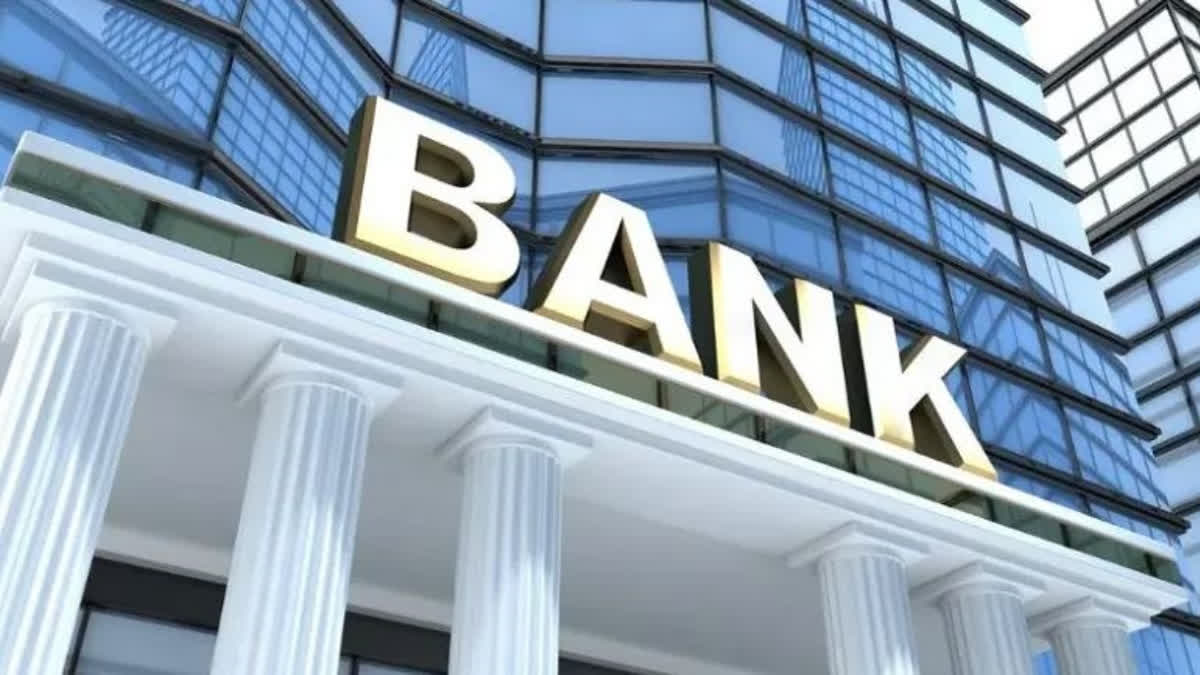The Reserve Bank of India’s recent investigation into tainted private banks, which were caught in a Cobrapost sting operation, has now spread to cooperative banks, which appear to be the main conduit for the private sector banks to launder money. While the banking secretary announced recently that action will be taken against the three private sector banks that were caught laundering money, experts associated with the banking sector believe that the trail of the money laundering investigation is leading up to a large number of cooperative banks across the country, which first accept cash and introduce it into the banking system.
Banking sources admit that some of the cooperative banks have been found acting as a back-office for initiating the conversion from black money to white money. They happily accept fake PAN cards and dodge detection by opening hundreds of accounts without proper Know Your Customer (KYC) with each deposit carefully under Rs 50,000. The money is then transferred to the larger private banks, through a prior arrangement, allowing these ‘successful’ Indian private banks to maintain a clean image.
It is often alleged that some cooperative banks are in the thick of dirty banking operations. They have been at the heart of every major scam over the past two decades. In the 1992 securities scam, Mercantile Cooperative and Bank of Karad were found to be involved in issuing false securities and had to be closed down. Then, too, multi-national banks such as Standard Chartered systematically ensured that fake Banking Receipts (BRs) were passed through the smaller banks, to protect themselves.
However, they were caught when the multi-disciplinary Janakiraman Committee began to investigate their actions with a fine-tooth comb. Again in the scam of 2000, Ketan Parekh was found to have used Madhavpura Cooperative Bank as his personal property in diverting cash of Rs 800 crore to support his speculative positions. The bank has collapsed causing losses to tens of thousands of depositors and other banks. Cooperative banks were at the centre of the Home Trade scam, too, in 2001 Rs 600 crore were found to have been swindled from more than 25 cooperative banks, 13 of them in Maharashtra and 12 in Gujarat.
The reason cooperative banks have repeatedly been at the centre of scams is the shady system of dual regulation, under which both the Registrar of Cooperative Societies (RoCS) and the RBI are supposed to be regulating them. RoCS officials said that the RBI does not look closely at these banks, while the RBI says it waits for government recommendations to act as the State's Cooperatives Department has its auditors on the boards of the banks. The primary reason for this poor scrutiny is that most cooperative banks are set up and controlled by powerful politicians.
Banking sources in several banks, other than the three popular private banks revealed that the RBI has been asking detailed questions. They estimate that nearly two dozen banks may be under the RBI scanner, based on the questions they have been asked to answer. However, the banking secretary has so far spoken of an RBI report that only covers the three banks --Axis Bank, HDFC Bank and ICICI Bank--the banking regulator has already found large instances of systematic miss-selling of financial products, dubious gratification of sales agents and evidence of money laundering unearthed by the sting operation.
A private investigation agency (MoneyLife) has consistently pointed out that driven by high commissions, an army of bank relationship managers is systematically targeting vulnerable segments such as women and senior citizens through misrepresentation and deceit. The latest example of this is the cheating by IndusInd bankers of a 79-year-old man in India with an ailing wife, which Moneylife exposed a few days ago, (Mangelal Sharma gets his Rs 7 lakhs back ). A strong Moneylife campaign of naming and shaming has finally borne fruit and last night the bank officials went to the senior citizen’s house and returned his money. The RBI is aware of this menace and hopefully, it will do something about this, too.
Dubious KYC practices are not limited to three banks—an investigation would reveal that most foreign banks, private banks and even large public sector banks have been indulging in gross miss-selling at one end and dodgy practices to help powerful politicians launder black money at the other end. At the heart of the fake KYC racket is the proliferation and easy availability of fake PAN numbers. It appears that the Income Tax department, riddled is clueless of this mischief. The Aadhar card, which is already proven to be full of holes, has now been added to the array of dubious and easily faked documents that allow people to exploit the system. On the other hand, honest taxpayers continue to be harassed and exploited.
The money laundering problem in the co-operative sector poses significant risks to the financial system, as it facilitates the integration of illicit funds into the legitimate economy.
